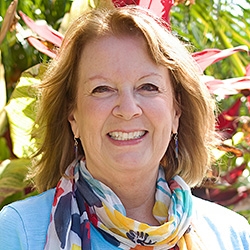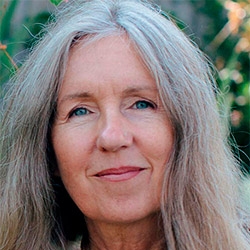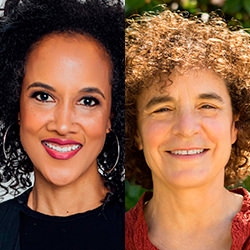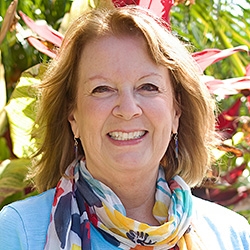

NVC Resources on Connection
-
Trainer Tip: It can help us bring joy into our lives to connect to the needs we serve for doing things. While our activities may not always be fun, understanding their purpose and their value to our lives can help us shift the energy behind the action and have a more positive experience. Consider the underlying needs activities meet, and decide if they are worth it to you.
-
Please join veteran CNVC Certified Trainer, Robert Gonzales, to explore how you can embody the consciousness of NVC and live every moment of every day in the fullness of compassion - for yourself and others.
-
How do you know when you’re projecting disowned parts or replaying old relationship dynamics? It’s hard to know for sure, but if you find yourself upset or shutting down and unable to have a dialogue in which you can speak clearly about your feelings and needs and empathize with the other’s feelings and needs, there is likely a projection. The stronger your reaction, the more likely you are projecting.
-
During this session, Giorgos will walk you through a series of short, meditative practices and exercises designed to help you practice noticing, experiencing, and bringing shame to light — transforming it from a burden to a playful fellow as well as a portal to self-knowledge and internal freedom. You'll discover how the deep power of human connectedness can dilute the fogginess of sensitive issues, bringing them higher into your consciousness, and enabling the flow of life to pass right through them!
-
When you say yes, check if you are saying it out of submission. Similarly, when you say no, are you saying it genuinely or out of rebellion? Marshall Rosenberg calls this a loss or erosion of goodwill which can destroy or undermine relationships. In this video, Rachelle Lamb shares how submission and rebellion in communication can diminish your power.
-
What is empowered speech and how does it link to interdependence? How do you speak in a way that increases the chances of being heard and creates space where individuals are more inclined to listen and act? In this excerpt from the 2021 course, Working Together for Change, Itzel and Kathy explore how to do this by integrating empowered speech, attuned speech, and a commitment to maintaining connections.
-
Trainer Tip: Today, identify the facts, without adding your ideas about why people behave in certain ways. Then consider connecting with the person about what was going on with them. You will find that the more you observe life without judgment and evaluation, the more open you will be to hearing and connecting with other people.
-
The wisdom which NVC is based on is as old as humanity itself. This telecourse recording draws insights from NVC’s elder siblings of Taoism, Buddhism and indigenous culture to offer new ways of approaching common NVC ‘stuck’ places.
-
Join CNVC Certified Trainers Jori and Jim Manske in an exploration of how gratitude can enable you to remain more present moment to moment, thus enabling you to flourish in your life!
-
Gina Cenciose explores the similarities and differences between NVC and Inner Relationship Focusing.

Quick Links
Subscription Preferences
Stay In Touch!
Looking for ways to keep up with NVC Academy news, get special offers, free resources, or words of inspiration? Here are five ways to stay engaged:










